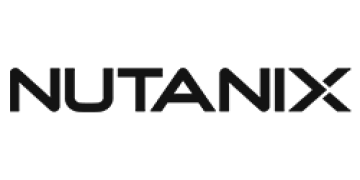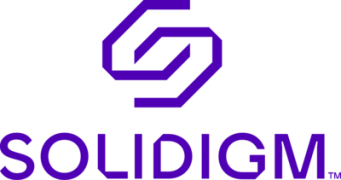In the late 1990s, the computer industry radically changed the PC platform by introducing the Internet PC, shifting the focus from standalone devices to those optimized for the World Wide Web. This shift opened up new applications, including e-commerce, search, and mass adoption of e-mail.
It also led to refocusing the underlying chips and software to support faster communications (especially Wi-Fi and Ethernet), graphics, and video processing to support richer online content. Over time, the PC has become more of a portal into cloud-based applications and other Internet-based functions, largely reserving onboard processing for advanced compute-intensive activities such as content creation, gaming, and offline productivity applications.
On May 20, 2024, Microsoft and its semiconductor and OEM partners announced a new category of AI PCs called Copilot+ PCs. This new paradigm, which may change the PC platform even more significantly than the Internet PC did, is nothing short of a ground-up reimagining of both the silicon and software stack needed to bring PCs fully into the age of AI. Copilot+ PCs shift the emphasis back to local processing on the PC platform to create an intelligent personal device that can co-create, mentor, and advise individuals in almost every aspect of their lives.
You can download the paper by clicking on the logo below:
Table of Contents:
- What Defines an AI PC?
- An AI PC Needs an AI OS: The Breakthrough of Copilot+
- An AI OS Needs Broad AI App Support
- Why Consumers Need an AI PC — Specifically a Copilot+ PC
Companies Cited:
- Microsoft
- Intel
- AMD
- Qualcomm
- Dell
- HP
- Lenovo
- Apple
- Adobe
- Luminar
- DaVinci
























































































